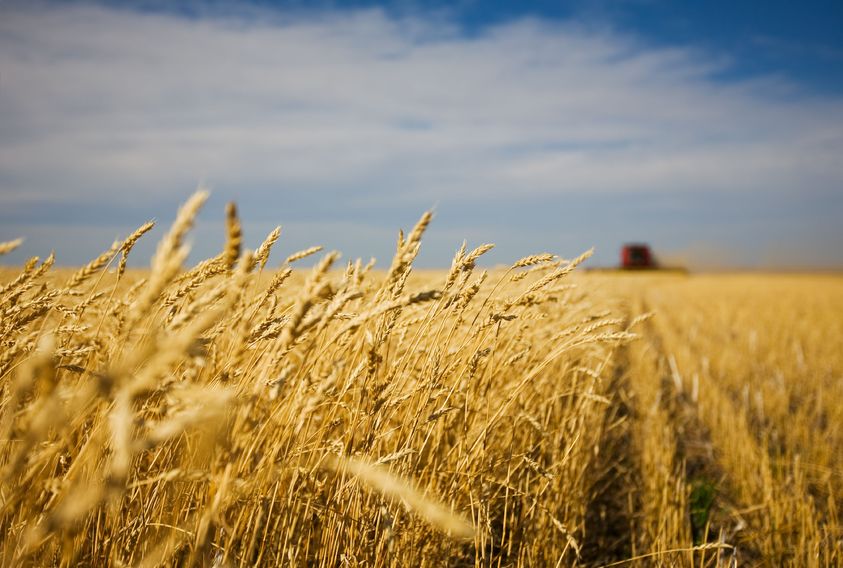
A group of MPs called for action on the introduction of a more environmentally friendly petrol, which also supports the British farming industry.
The letter, headed by Environment Select Committee (EFRA) Chair Neil Parish and All Party Parliamentary Group for British Bioethanol Chair Nic Dakin, calls for leadership on tackling transport emissions.
They say the introduction of E10 fuel will help the country meet its climate change commitments and support British farmers.
E10 is regular unleaded petrol blended with 10% bioethanol – a low carbon renewable fuel which can lower carbon emissions and other pollutants.
It is used in countries around the world, accounting for 95% of petrol sales in USA and is the biggest selling petrol in European countries such as France, Belgium and Finland.
Currently the UK only has E5 (a 5% blend) and it has been estimated that doubling the level of bioethanol would be the emissions savings equivalent of removing 700,000 cars from the road.
So far the Government has shied away from pleas to mandate the introduction of E10 despite the petrol companies, which would need to implement it, calling for them to do so.
Win for farmers
Bioethanol is fermented from feed wheat which is grown by farmers and would not otherwise go into the food chain.
A co-product of protein-rich animal feed is also produced for livestock farmers, displacing potentially less-sustainable imported soy products.
Around 2,000 farms throughout the UK rely on this domestic market, which is worth around £150m premium to British agriculture.
The North East of England has two of Europe’s largest bioethanol plants but the industry has been struggling due to Government delays on its environmental commitments.
In November last year Hull-based Vivergo Fuels, which is also the country’s largest brewery and supports 900 farms, closed for four months due to poor market conditions and a lack of legislative progress.
Neil Parish said the introduction of E10 is of "huge benefit" to British farmers, and is "ready-and-waiting" for implementation.
“Several Parliamentary Committees have expressed frustration at the slow speed with which we are trying to tackle emissions from road transport whilst also reminding us of the need to keep carbon emissions reductions and air quality tightly bound together,” he said.
Bioethanol also offers around 60% carbon savings compared to standard petrol, helping the country meet its climate change commitments, and can also reduce NOx, particulate matter and carcinogens which can cause poor air quality and impact on public health.
